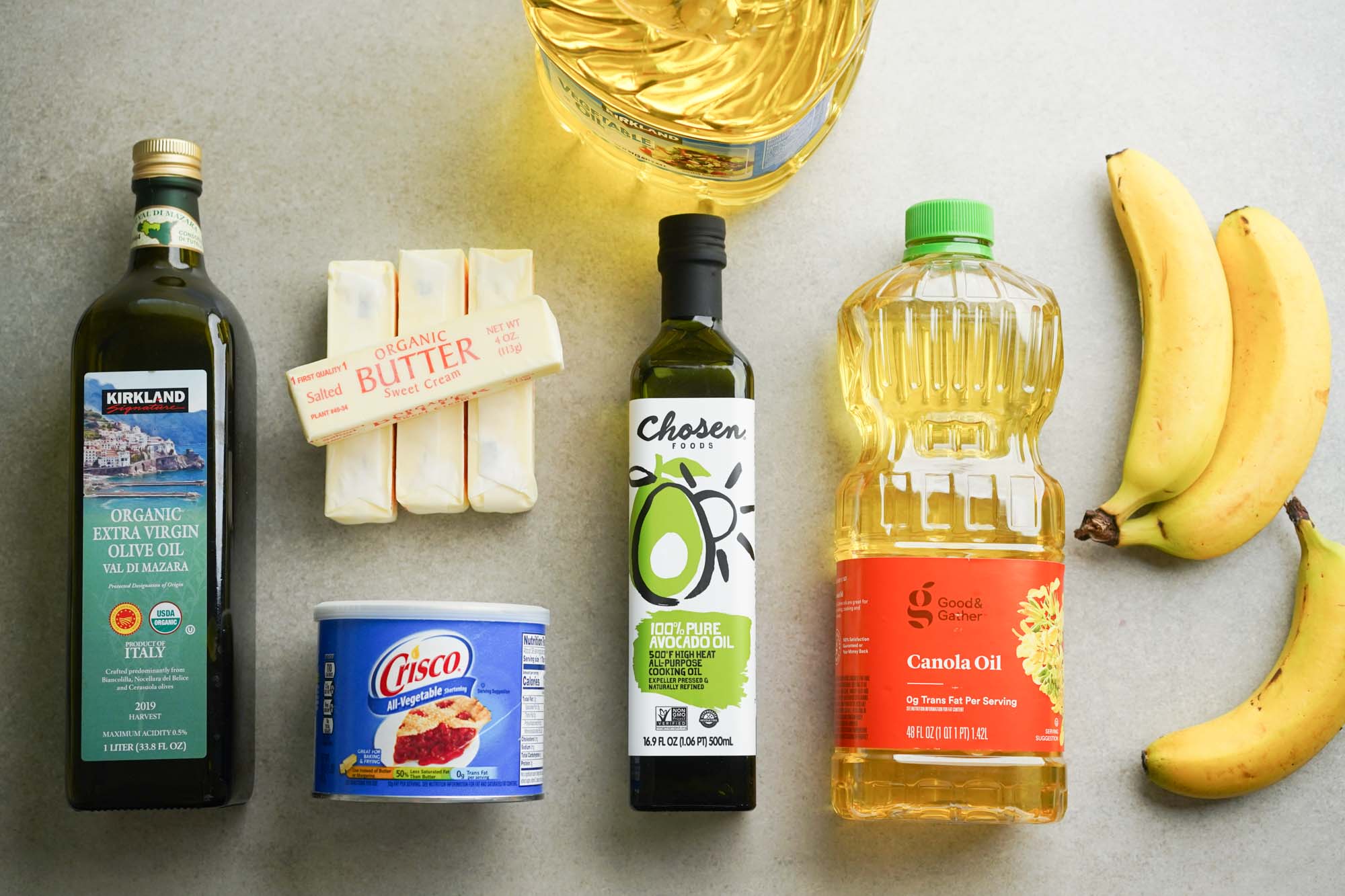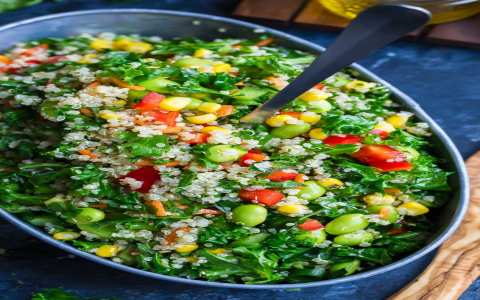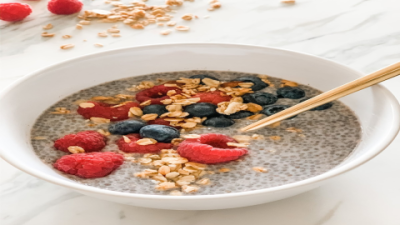When it comes to baking, the type of oil you use can really make a difference—not just in taste, but in texture and even how healthy your treats turn out. For a long time, vegetable oil has been the go-to for many home bakers because it’s pretty neutral and easy to find. But lately, avocado oil has been popping up everywhere, touted as a healthier, maybe even tastier alternative. So, the big question is: can you actually bake with avocado oil instead of vegetable oil? Spoiler alert: yes, you can! But there’s a bit more to it than just swapping one for the other, so let’s dive into what makes avocado oil a great baking buddy.
First off, let’s clear up what we’re talking about. When most people say “vegetable oil,” they usually mean a blend of oils from things like corn, soybeans, sunflower seeds, or canola. It’s got a pretty neutral flavor and a moderate smoke point, which means it can handle some heat but isn’t the toughest oil in the kitchen. Avocado oil, on the other hand, is squeezed from the flesh of avocados—not the pit—and it’s packed with good-for-you fats, especially monounsaturated fats, which are the kind your heart loves. Plus, it has a higher smoke point than most vegetable oils, especially when it’s refined.
Now, if you’re curious about the nutrition side of things, avocado oil and vegetable oil aren’t exactly twins. Both pack about the same calories per tablespoon (around 120-130), but avocado oil has a lot more monounsaturated fat—think around 74% compared to about 50% in typical vegetable oil blends. It also has less polyunsaturated fat and a bit less saturated fat. That’s good news if you’re trying to eat a little cleaner or keep your heart happy. Vegetable oils often have more vitamin E and K, which are great antioxidants and good for your blood, but avocado oil’s fat profile is generally considered healthier overall.

So why would you want to swap out your trusty vegetable oil for avocado oil when baking? Well, for starters, avocado oil has a pretty mild flavor, especially the refined kind. It won’t overpower your baked goods, which is a big deal if you’re making something delicate like a vanilla cake or muffins. Also, because it can handle higher temperatures without breaking down (its smoke point is around 520°F, way higher than most vegetable oils), it’s perfect for baking recipes that require hotter ovens or even frying.
Another thing I’ve noticed when baking with avocado oil is how it adds a nice richness and moisture to the final product. It’s not heavy like butter, but it definitely helps keep cakes and breads tender and moist. Honestly, sometimes I feel like it makes my brownies a bit more luscious, though that might just be me.
If you’re thinking about making the switch, it’s pretty simple. You can replace vegetable oil with avocado oil in a 1: ratio—so if your recipe calls for one cup of vegetable oil, just use one cup of avocado oil. I’d recommend using refined avocado oil for baking because it’s milder and has that higher smoke point. If you’re making something with bold flavors, like chocolate or spices, unrefined avocado oil can add a nice little twist without clashing.
A couple of quick tips: store your avocado oil in a cool, dark place to keep it fresh longer, especially if it’s unrefined. And if you want to experiment, you can even mix it with other fats like butter or coconut oil to tweak the texture and flavor a bit.
Now, you might wonder if switching to avocado oil will change your baked goods. In my experience, the differences are subtle. Vegetable oil tends to be pale yellow and completely neutral, while unrefined avocado oil has a slight greenish tint and a mild buttery flavor. Texture-wise, avocado oil can sometimes make things feel a little creamier or richer, but it won’t mess with the rise or crumb of your cakes or breads.
Here are some common questions people ask about baking with avocado oil:
Q: Will avocado oil make my baked goods taste like avocados?
A: Not really, especially if you use refined avocado oil. It’s pretty neutral. Unrefined might have a slight avocado note, but usually only noticeable in very delicate recipes.
Q: Is avocado oil really healthier than vegetable oil?
A: Generally, yes. It has more heart-healthy fats and antioxidants. Plus, it’s more stable when heated, which means fewer harmful compounds when baking.

Q: Can I use avocado oil in every baking recipe?
A: Absolutely! Cakes, muffins, breads, cookies—you name it. Just swap it in at the same amount as vegetable oil.
Q: Which avocado oil should I buy for baking?
A: Refined avocado oil is your best bet for baking because it’s mild and has a high smoke point. Unrefined is better for dressings or low-heat cooking.
Q: Does avocado oil affect how long my baked goods last?
A: Not really. If anything, its antioxidants might help keep things fresh a bit longer than some vegetable oils.
So, to wrap it up: avocado oil is a fantastic alternative to vegetable oil in baking. It’s healthier, handles heat better, and won’t mess with your flavors or textures. Whether you’re a health-conscious baker or just curious to try something new, avocado oil is definitely worth a spot in your pantry.
Of course, there are other oils out there—olive oil, coconut oil, even nut oils—that can work in baking, but avocado oil strikes a nice balance between health benefits, flavor neutrality, and baking performance. Give it a try next time you bake, and you might just find it becomes your new favorite.
In the end, baking is about experimenting and finding what works best for you. And avocado oil? It’s a pretty tasty, heart-friendly option that’s easy to love.



